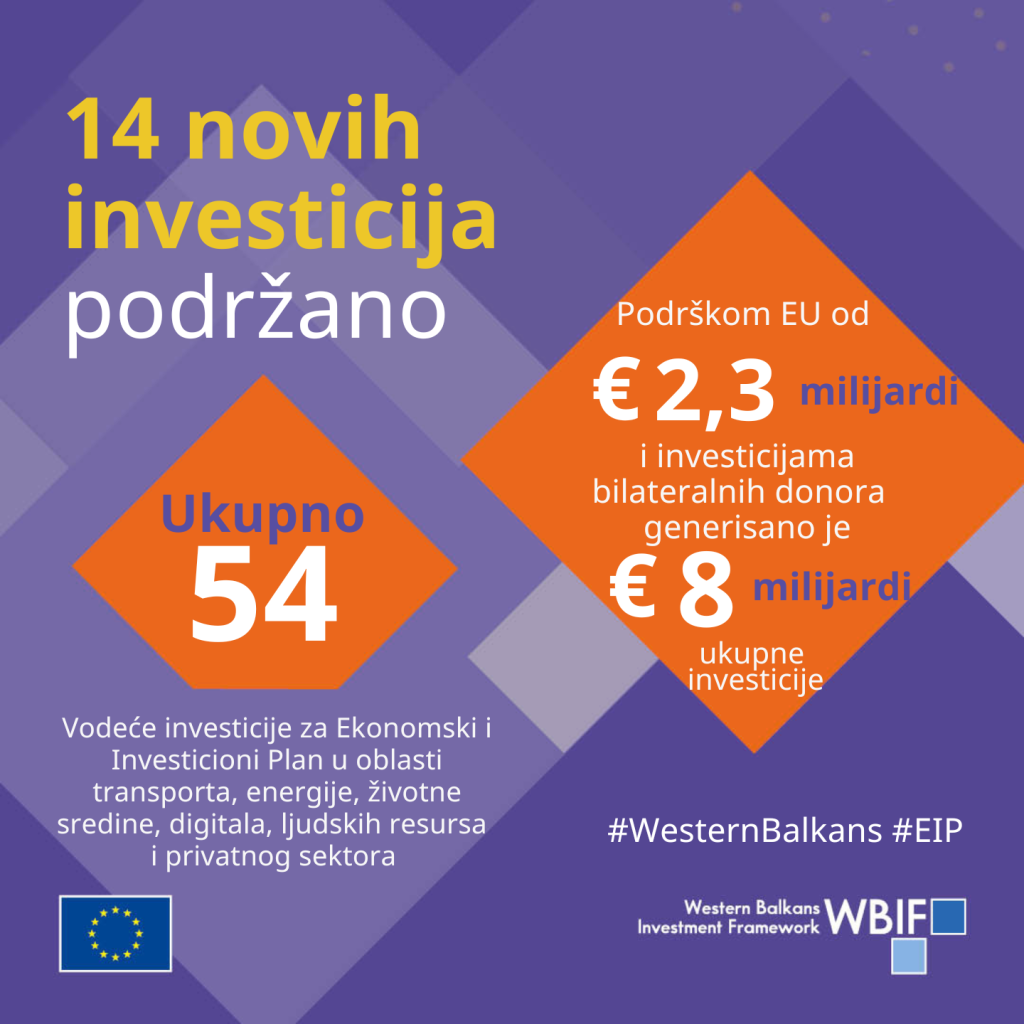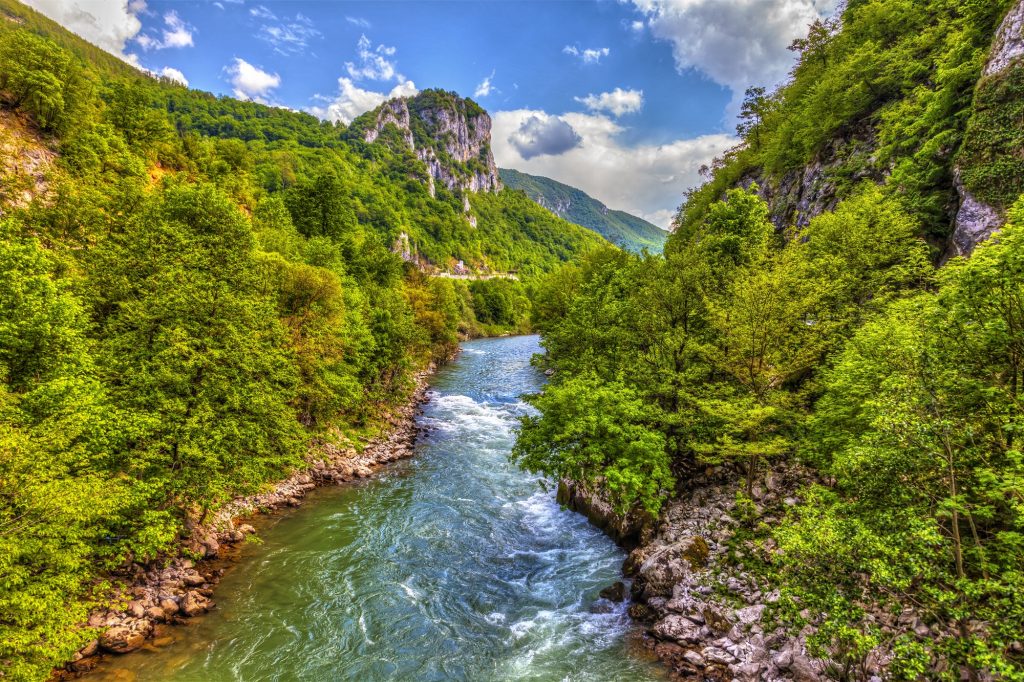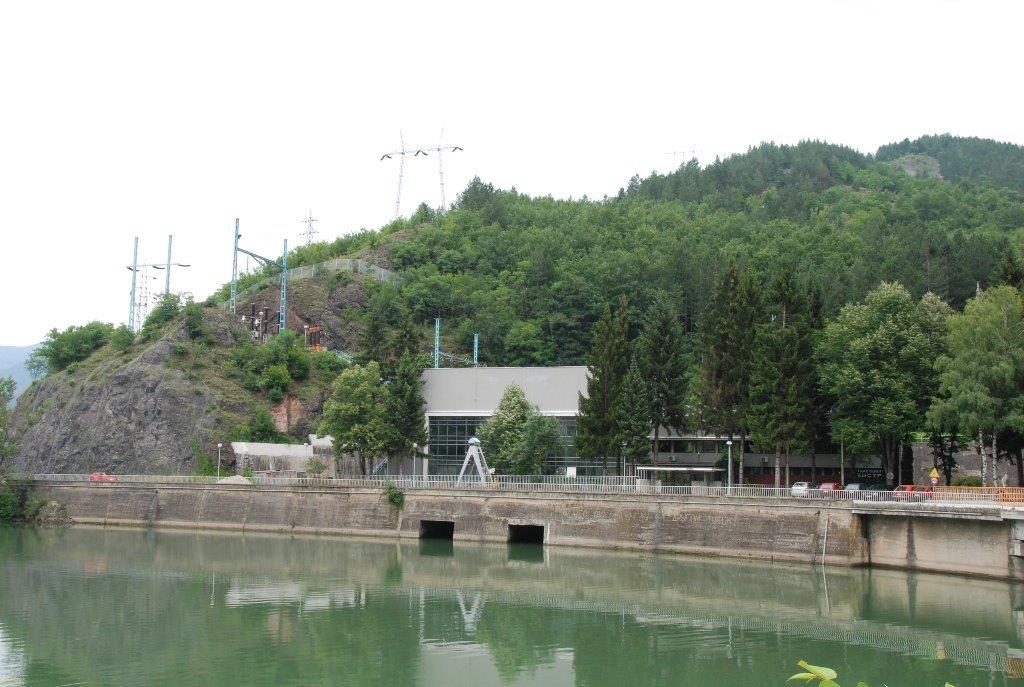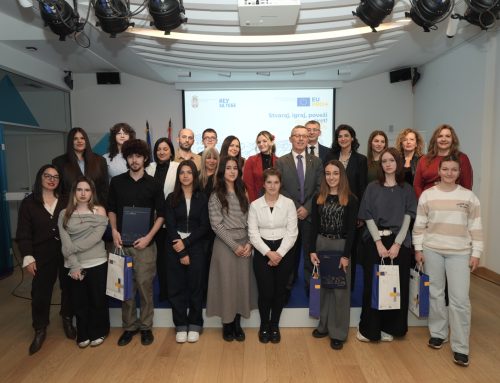In turbulent times, grant support for new projects is of great importance. At the beginning of 2023, the taxpayers of the EU countries helped Serbia through an energy support package worth EUR 165 million, and new aid is already coming in.
The European Commission, through the Western Balkans Investment Framework (WBIF) approved EUR 8.44 million in grants that will be used to finance the reconstruction of the Bistrica Hydro Power Plant and the preparation of a Feasibility Study with an Environmental Impact Assessment for the Central-Balkan Corridor Project.
The implementation of these projects will contribute to the increase of production capacities from renewable energy sources, as well as transmission capacities by connecting Serbia with is eastern and western neighbours, making Serbia an important energy hub of the European power system.
A grant was also approved for the project for Improvement of Energy Efficiency and Integrated Energy Management of the University of Belgrade, in the amount of EUR 21.54 million, which will contribute to significant energy savings and reduction of harmful gas emissions.
“With this new investment package, we are sending a clear message to our partners from the Western Balkans that their future is within the EU, and that we are making steady progress in reducing the economic gap in development. These projects will better connect the region internally and with the EU, help decarbonize economies and support the competitiveness of the private sector in the region. I now call on our partners from the Western Balkans and international financial institutions to start implementing these projects as soon as possible, so that citizens and businesses in the region can reap the benefits of these investments”, said EU Commissioner for Neighbourhood and Enlargement Oliver Varhelyi.
For the HPP Bistrica reconstruction project, EPS was granted EUR 7.72 million investment grant, which covers about one-fifth of the estimated investment value, which amounts to EUR 36.1 million.
“By replacing the equipment at the HPP Bistrica, which was built more than 60 years ago, its lifespan will be extended, which will contribute to the security of supply, increase the share of production from renewable energy sources, as well as reduce GHG emissions. Design and technical and spatial documentation have been prepared for this project and construction permits have been obtained, and the beginning of the works is planned for the second half next year”, said the Minister of Mining and Energy Dubravka Đedović.
HPP Bistrica represents the third stage in the system of hydropower utilization of the water of the Uvac River, and is the largest hydroelectric power plant in the system of hydropower plants in of the Lim River. From the beginning of operation in 1960 until the end of 2021, Bistrica produced a total of 19,766,374 MWh of electricity. Rehabilitation implies keeping the same installed power of the power plant, but with increasing efficiency by replacing old generators with new ones, as well as reducing breakdowns by replacing auxiliary equipment. It is estimated that the efficiency of generators will directly increase by 3-5 percent, which will increase the annual electricity production to about 350 GWh. The effect of additional capacity for secondary regulation of renewable energy sources, enables an additional 40 MW of wind power or 80 MW of solar power plants that can be safely implemented in the system.
For the preparation of a feasibility study for the Central- Balkan Corridor project with an Environmental Impact Assessment, which involves the construction of a new transmission line that would connect central Serbia with the Kostolac region, and in the second phase, the connection of Serbia and Bulgaria with a new 400 kV transmission line and the construction of new transmission lines that would connect the Eastern and Western Serbia, EUR 724,482 have been allocated, and the beneficiary of these funds is EMS. The Central-Balkan Corridor, whose estimated investment value is around EUR 195 million, is included in the Pan-European Transmission System Development Plan 2022 of the European Association for the Cooperation of Transmission System Operators (ENTSO-E).
Funds for the rehabilitation of the HPP Bistrica were allocated within the 8th call for investment grants of the Western Balkans Investment Framework (WBIF), while for the preparation of Feasibility Study with an Environmental Impact Assessment for the Central Balkan Corridor Project, funds were allocated from the 29th call for technical assistance of the Western Balkans Investment Framework.
EU support to Serbia in the energy sector since 2000 amounts to over one billion euros. There are a number of flagship projects that are either already underway or expected to start soon. The Trans-Balkan Electricity Corridor – a joint project of the German KfW, the EU and the Government of Serbia – will connect Serbia with Italy and provide a new, more stable and efficient network with greener energy resources. The new gas interconnector with Bulgaria will help diversify energy sources for Serbia, making it less dependent on Russian gas. The EU is currently improving the energy efficiency of several hospitals in Belgrade, including the largest hospital – Military-Medical Academy (VMA). So far, the EU has provided grants for energy efficiency measures in 200 buildings in Serbia, from kindergartens and schools to other large hospitals and state institution buildings.







